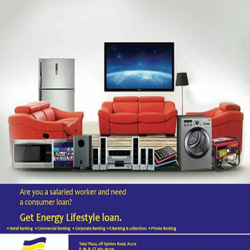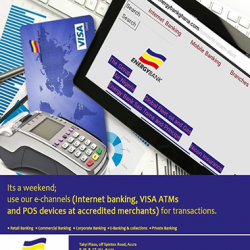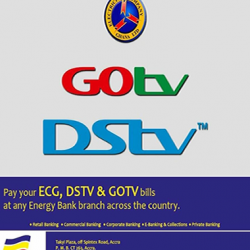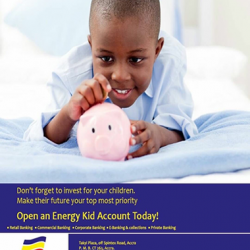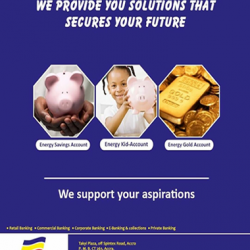Types of Cash Advances
Our life is unpredictable and, unfortunately, not protected from unforeseen expenses. A punctured tire, a pet's sudden illness, or a child's sick tooth. All this requires money here and now, and they may not always be available.
In such cases, you can apply for a cash advance online. Again, this can be done anytime, anywhere, and get paid quickly. But such loans also have their downsides.
What is a Cash Advance?
A cash advance is a small loan that is issued for a short term. Even though the repayment period can be a week or two, you will pay a fee anyway. On the day the loan is repaid, you will need to repay the loan itself and all fees.
Even though the repayment period can be a week or two, you will pay a fee anyway. On the day the loan is repaid, you will need to repay the loan itself and all fees. The fee ranges from $10 to $30 for every $100 borrowed (fees are commonly 15% per $100 borrowed). The fees can equate to an APR of 400% or higher for a two-week loan.
Types of Cash Advances
There are several types of cash advances. They have several differences, but there is also something in common - they are all quite expensive.
Credit Card Cash Advances
A line of credit through a credit card is one of the most popular types of cash advances. Money can be withdrawn from an ATM or a check at a bank. Typically, credit card cash advances carry higher interest rates than conventional purchases. You will pay an average of 24%, which is about 9% higher than the annual percentage rate for purchases. Moreover, interest begins to accrue immediately; no grace period.
Typically, cash advances include a fee, either a fixed rate or a percentage of the advance amount. Also, if you use an ATM to access cash, you are often charged a small usage fee.
Merchant Cash Advances
Sellers' cash advances refer to loans received by companies or sellers from banks or alternative lenders. Typically, businesses with less-than-perfect credit use cash advances to fund their operations. In some cases, these advances are paid for by future credit card receipts or a portion of the business's funds from sales on its online account.
Instead of using a business's credit score, alternative lenders often research a business's creditworthiness by looking at multiple data points, including how much money the seller makes through online accounts like PayPal.
Payday Loans
Payday loans can range from $50 to $1,000 but come with fees (around $15 for $100 borrowed, and in some cases even more) and interest rates in excess of 100%. The lender determines the loan amount based on local government regulations and your salary instead of looking at your credit score. If the loan is approved, the lender hands you the cash; if the transaction occurs online, the lender makes an electronic deposit into your checking or savings account. Payday loans are short-term. They must be returned on the next payday. If you wish to extend the loan, in this case, additional interest will be charged.





